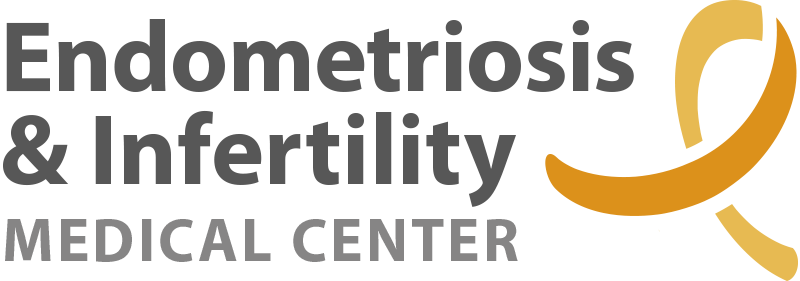
I have ENDOMETRIOSIS or suspected ENDOMETRIOSIS and I am looking for a pregnancy. What are my options?
Am I INFERTILE because I have ENDOMETRIOSIS?
Probably not, but 30% to 45% of women with ENDOMETRIOSIS can be INFERTILE. It is estimated that 9 to 50% of women who undergo laparoscopy for diagnosis of INFERTILITY will find data of ENDOMETRIOSIS. FERTILITY in this group of patients is reduced from 2 to 10%. A patient who has INFERTILITY problems may have a 6 to 8 times greater chance of having ENDOMETRIOSIS.
In medical terms, INFERTILITY is defined as not achieving pregnancy after 1 year of having sexual intercourse without the use of any type of contraceptive method.
It is estimated that 60-70% of women with ENDOMETRIOSIS are fertile and can naturally become PREGNANT and have children.
A good proportion of women with ENDOMETRIOSIS will have trouble getting PREGNANT. For these women, there are treatment options to achieve their goal of pregnancy.
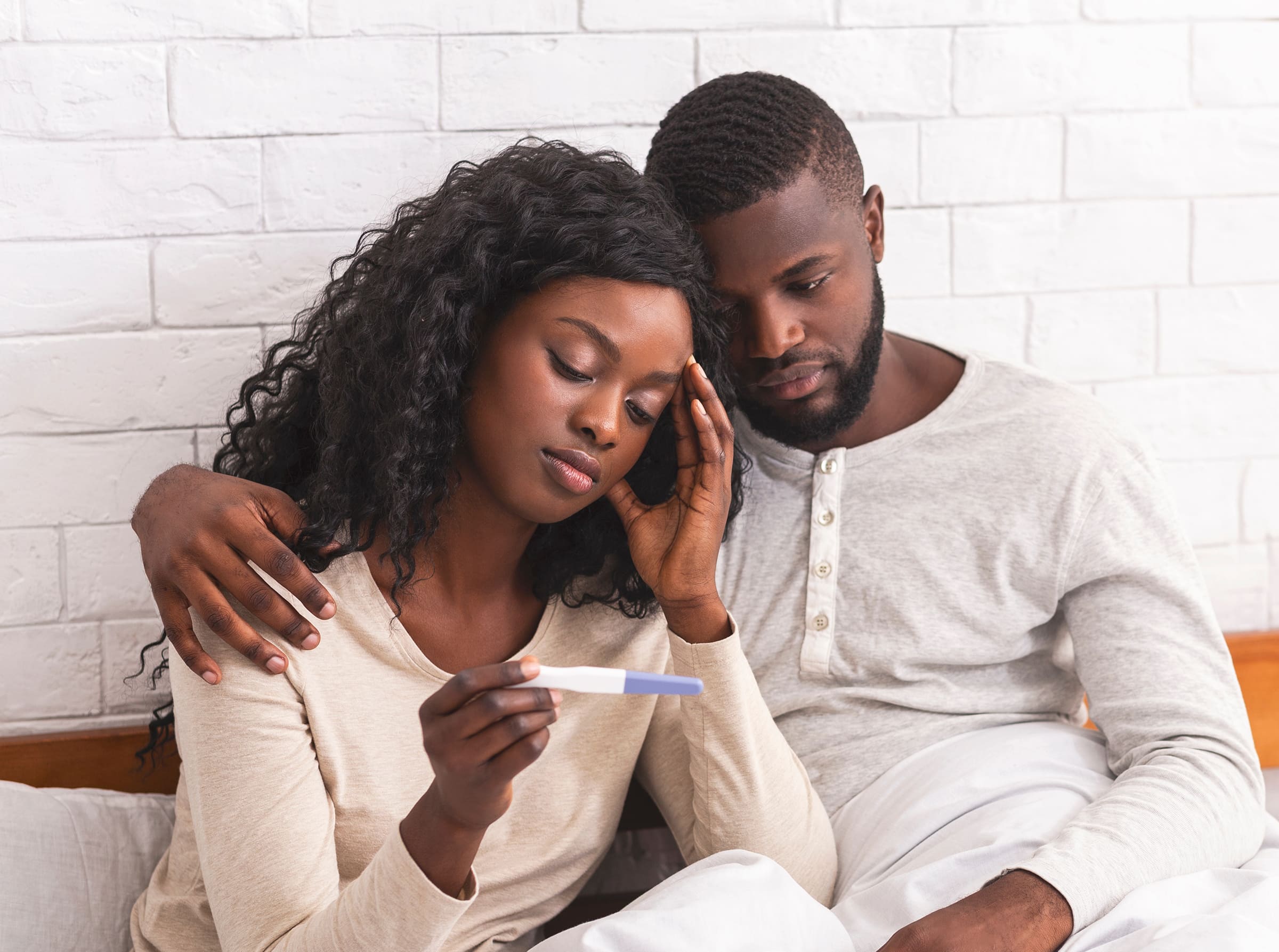
Do I have to get PREGNANT to cure my ENDOMETRIOSIS?
Pregnancy does not always lead to an improvement in ENDOMETRIOSIS symptoms or a decrease in the further progression of the disease. You should try to get PREGNANT if you want to start a family, but not to treat your ENDOMETRIOSIS.
Is it safe for me to get PREGNANT?
Complications during pregnancy are rare and it is difficult to study whether a certain aspect of a patient is related to a certain complication.
Some studies have been done during the pregnancy on women’s with ENDOMETRIOSIS. These studies have shown that there may be a higher rate of miscarriage or ectopic pregnancy in women with ENDOMETRIOSIS, compared to women without ENDOMETRIOSIS. Still, the risks are generally low and should not prevent you from getting PREGNANT.
What are the TREATMENT options to increase my chances of getting PREGNANT? There is no best option to help INFERTILE women with ENDOMETRIOSIS get PREGNANT. To decide which is the best option for your preferences, NEEDS, CAREFUL MEDICAL EVALUATION, and the availability of treatments should be considered.

Are hormonal treatments an option to increase the chances of getting PREGNANT?
There is no evidence that hormonal treatment increases the chance of spontaneous pregnancy in women with ENDOMETRIOSIS. Although hormonal treatment does not resolve INFERTILITY , if it was subjected to surgical treatment, it can be used. It will not case a negatively effect and may help control pain symptoms.
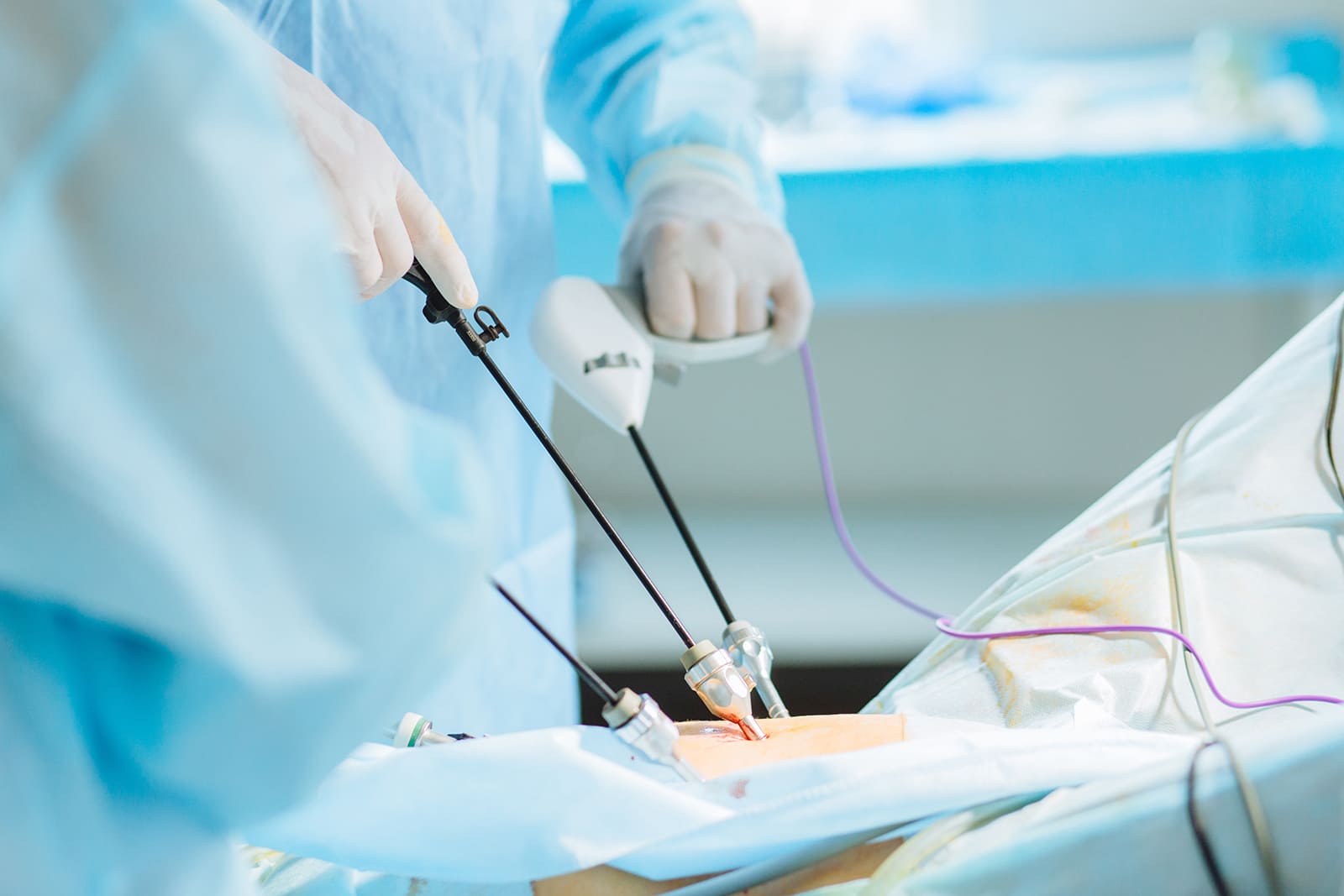
Is surgical treatment an option to increase the chances of getting PREGNANT?
Studies have shown that surgery (with removal of all endometriotic lesions by Laparoscopy) can increase the chance of a spontaneous pregnancy. If you undergo surgery for an endometrioma (Tumor of ENDOMETRIOSIS in the ovary), you should be aware that surgery could cause damage to the ovary, decreasing the supply of eggs.
We will discuss this risk with you. Laparoscopic surgery may be an option for you if you want to get PREGNANT, as it can increase your chances of a natural pregnancy.
There is NO convincing evidence that surgery for deep ENDOMETRIOSIS (located in the ovaries, ligaments, bladder, ureters, below the pelvic peritoneum) improves fertility, it may be an option if you have pain symptoms that require treatment.
Those women who are unable to try or choose not to conceive, immediately after surgery should be offered hormone therapy as it does not negatively affect their fertility and improves the immediate outcome of surgery for pain. If you have surgery, then you can try to conceive spontaneously or you can undergo assisted reproductive technology.
This decision may be supported by a tool, called the ENDOMETRIOSIS Fertility Index, or EFI, which predicts your chances of getting PREGNANT spontaneously. There is no evidence that taking hormone treatment before or after surgery, helps increase the chance of pregnancy.
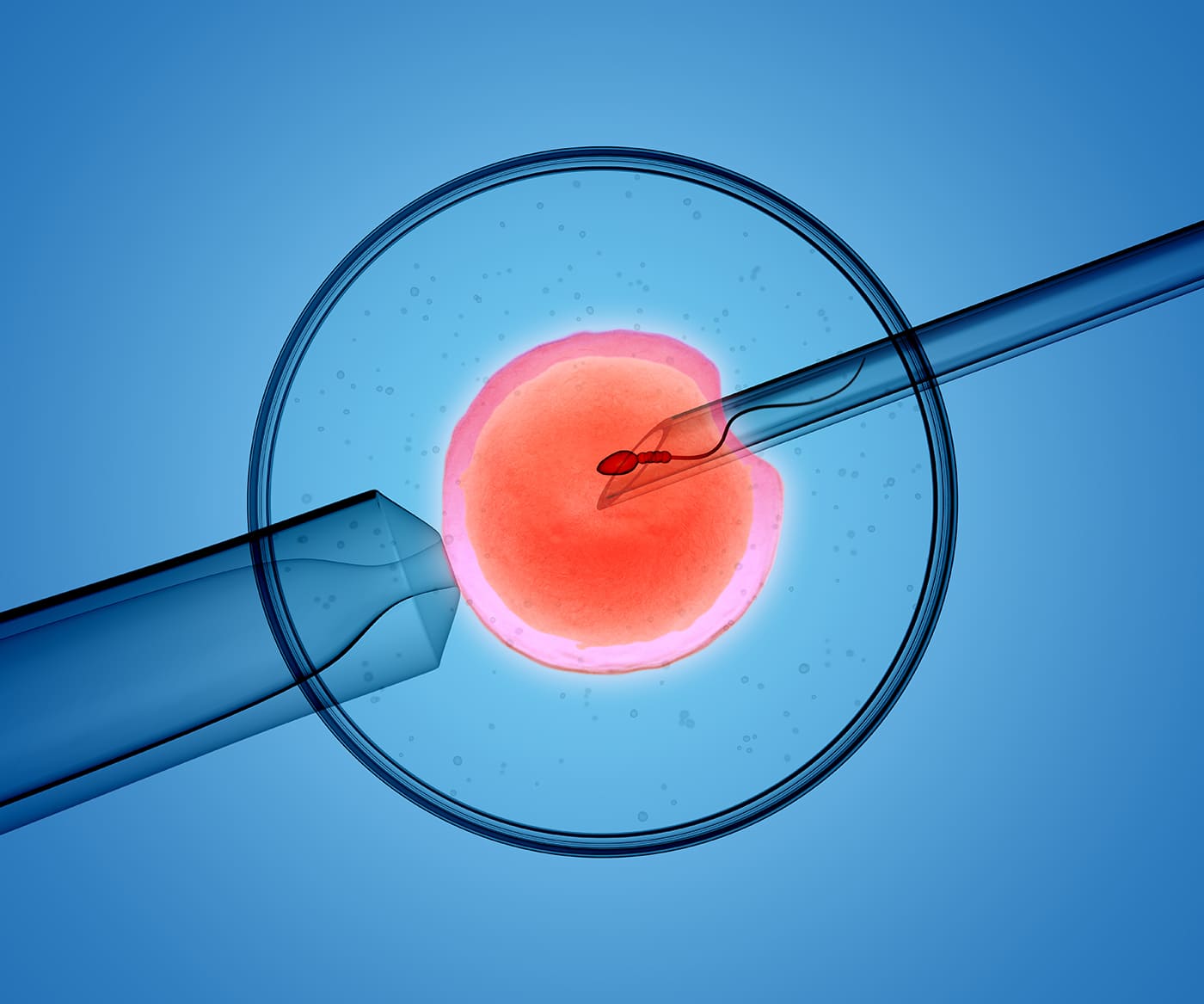
Is medically assisted reproduction (MAR) an option to increase the chances of getting PREGNANT?
For women with fertility problems, medically assisted reproduction can be a VERY GOOD OPTION. Medically assisted reproduction includes a number of procedures with the goal of becoming PREGNANT, such as assisted reproductive technologies including intrauterine insemination (IUI) and INVITRO FERTILIZATION (IVF).
A significant proportion of women with moderate or severe ENDOMETRIOSIS will need assisted reproductive technologies (ART) such as IUI or IVF when deciding to become PREGNANT.
There is no evidence of an INCREASED POSSIBILITY OF RECURRENCE of ENDOMETRIOSIS after ovarian stimulation for Assisted Reproductive Techniques such as INVITRO FERTILIZATION in women with ENDOMETRIOSIS, which means that undergoing these treatments does not necessarily worsen their ENDOMETRIOSIS and ART should be considered safe.
Assisted reproduction technologies, especially INVITRO FERTILIZATION PROGRAMS, are an option for you to achieve pregnancy. In intrauterine insemination, the partner's sperm is injected into the woman's uterus at the time the egg is released and drugs such as CLOMIPHENE CITRATE, LETROZOLE OR GONADOTROPINS can be used.
The right time is determined by performing ultrasound, measuring hormone levels, or regulating by injection of synthetic hormones (ovarian stimulation). In general, there are very few studies investigating intrauterine artificial insemination in women with ENDOMETRIOSIS SYMPTOMS. Intrauterine insemination (IUI) might be an option for you to get PREGNANT. Chances may be higher if ovarian stimulation is done before IUI.
Other assisted reproductive technologies include procedures in which the egg and sperm are removed from the body and brought together in a test tube to be fertilized. WE CALL THIS IN VITRO FERTILIZATION WITH EMBRYO TRANSFER (IVFTE) Later, the fertilized egg or embryo is transferred to the uterus. Before the eggs, which must be mature, can be removed from the woman's body, she receives hormonal stimulation of the follicles to produce mature eggs. Drugs are USED to stimulate the development of multiple follicles called gonadotropins as well as agonists and antagonists of GnRH.
Intracytoplasmic sperm injection or ICSI is a similar technique but in the laboratory, a single sperm is injected into the egg with a needle instead of putting the egg with many sperm in a test tube like in IVF.
ICSI Is performed for many reasons IVF/ICSI should be used, instead of artificial insemination, in the following cases:
- Age, this being a fundamental factor, ovarian reserve, is decisive.
- When you have a problem with the fallopian tubes, such as blockage or major damage which means the egg has trouble reaching the uterus (tubal function is compromised).
- When your partner has fertility problems (for example, low sperm count, reduced sperm quality).
- When a calculated Low EFI (and therefore it would be relevant to proceed directly to IVF).
- When other treatments have failed.
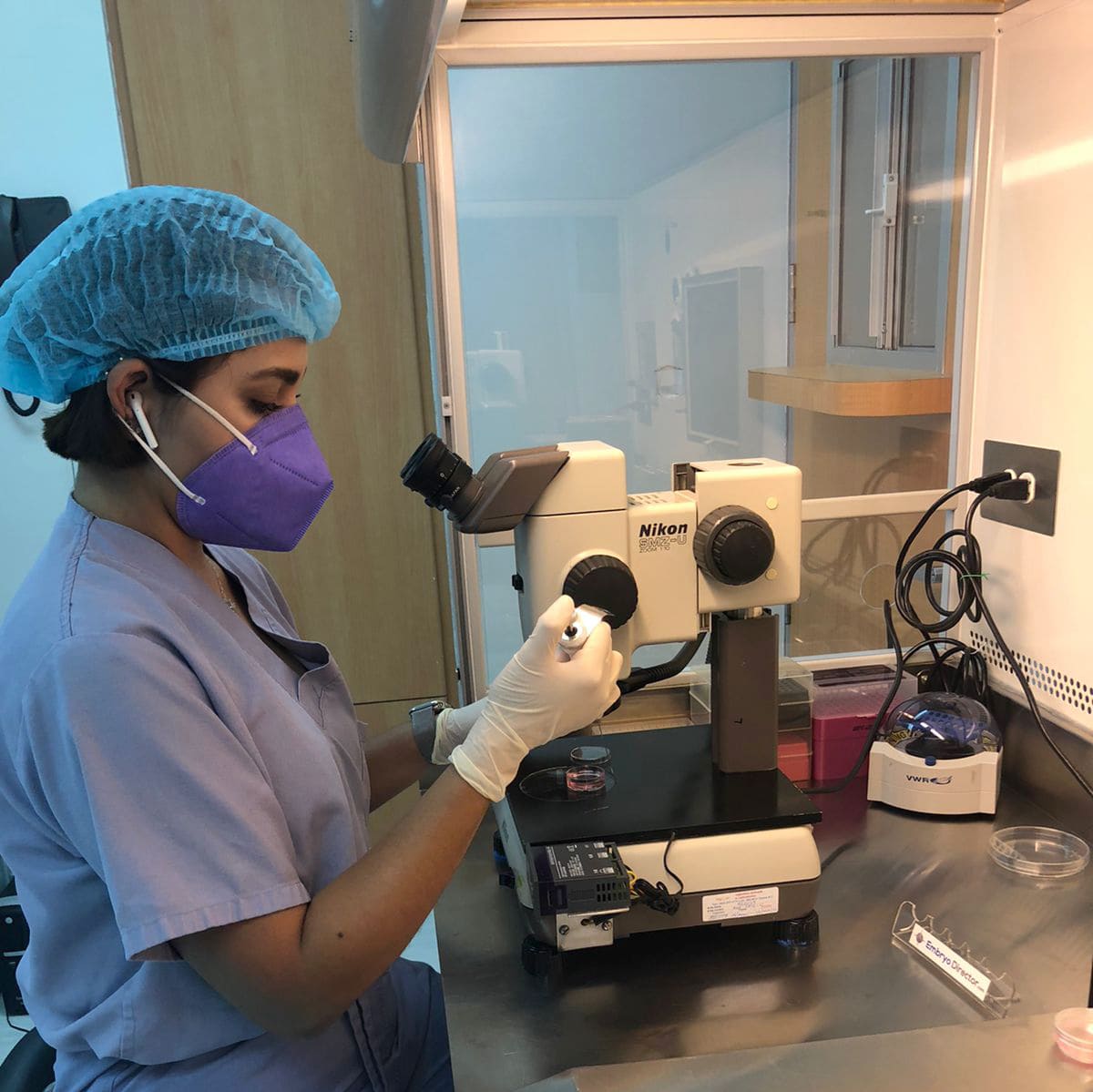
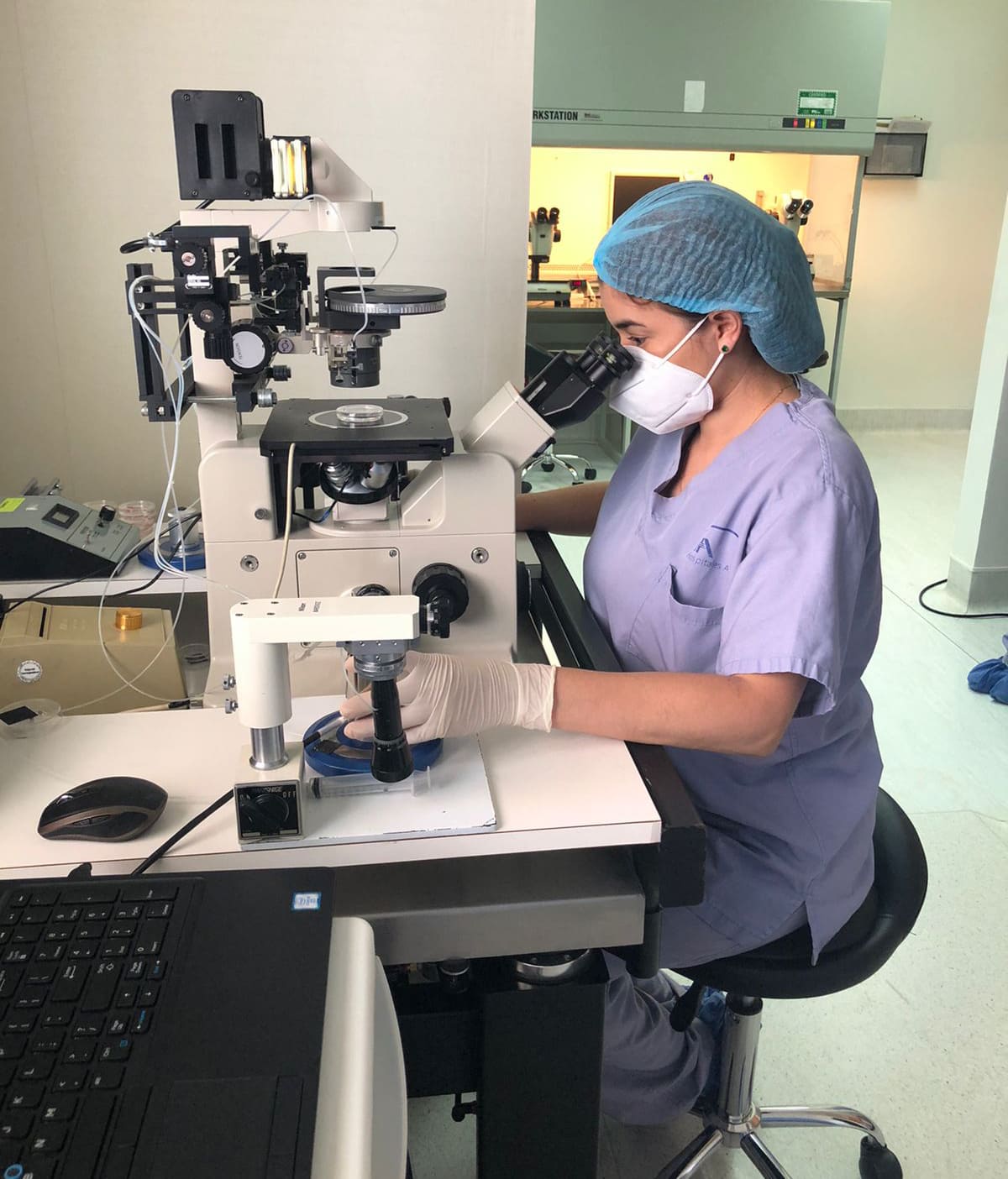
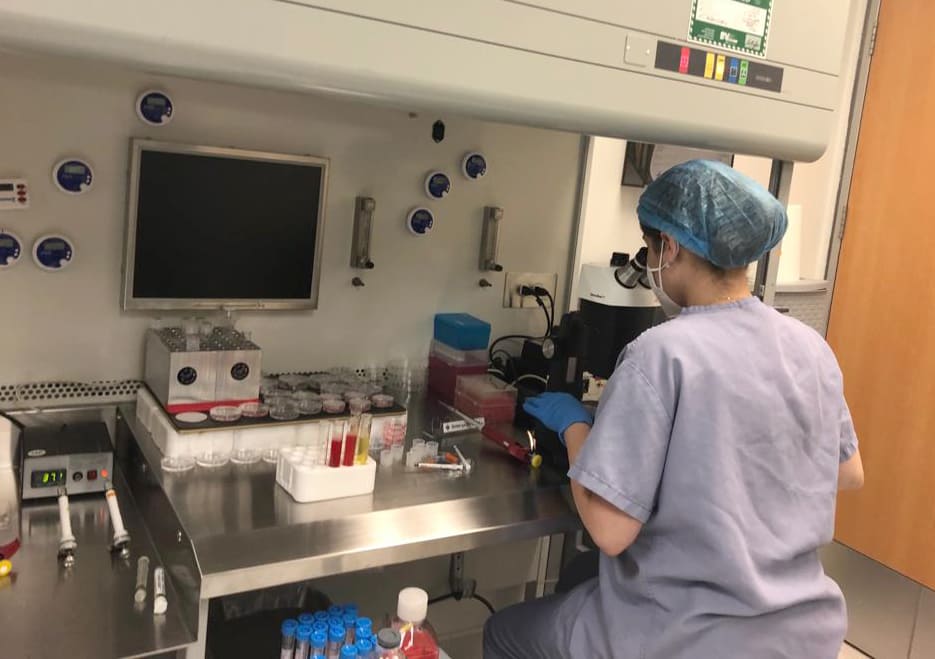
One of our excellent geneticists working in our lab in Tijuana, Mexico.
